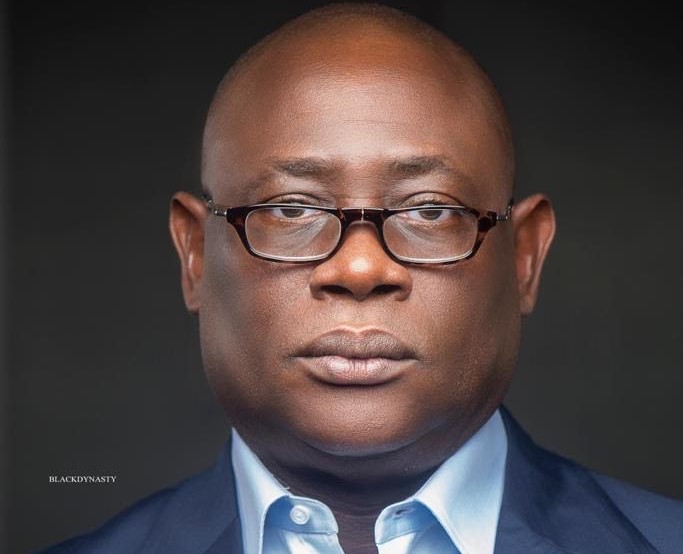
A renowned healthcare entrepreneur and serial investor has highlighted that, for years, healthcare investment in Nigeria has been heavily focused on infrastructure – building more hospitals under the assumption that increased facilities equate to better healthcare access.
However, he argued that a system without functional structures ultimately fails both patients and providers.
Speaking in an interview with journalists on Wednesday in Abuja, Dr. Richardson Ajayi pointed out that despite new hospitals springing up across the country, Nigeria’s healthcare system remains crippled by inefficiencies. He noted that a shortage of medical personnel remains a major challenge, with the country having only four doctors per 10,000 people – far below the World Health Organisation’s recommended ratio.
He also highlighted the issue of underutilised medical equipment, where expensive, state-of-the-art machines often sit idle due to inefficiencies. Financial barriers further compound the problem, with up to 70 per cent of Nigerians still paying out-of-pocket for healthcare while less than five percent are covered by the National Health Insurance Authority (NHIA).
Ajayi emphasized that hospitals alone do not save lives – functional healthcare systems do. He stressed that healthcare remains inaccessible if patients cannot afford treatment. According to him, the NHIA must streamline enrollment and expand coverage to protect citizens from financial ruin. He urged policymakers to promote sustainable prepayment models through public-private partnerships to reduce the burden of out-of-pocket expenses.
Administrative inefficiencies also slow down the system, he noted, with decentralised billing processes leading to delays and increased costs. He called for the adoption of automation and digital health systems to streamline operations and improve efficiency. Timely reimbursement models, he added, are crucial to ensuring that hospitals remain functional.
Ajayi further highlighted Nigeria’s ongoing brain drain crisis, as skilled medical professionals continue to seek better opportunities abroad. He stressed that investing in competitive salaries, training programs and retention strategies is critical. Additionally, he pointed out that technology-driven solutions could help reduce burnout and enhance efficiency among medical staff.
He urged public-private partnerships to prioritize efficiency over infrastructure, arguing that rather than pouring resources into more buildings, policymakers and investors must rethink healthcare financing models. Aligning investment incentives with financial protection, ensuring long-term sustainability and making healthcare accessible to all, he said, are the real solutions to Nigeria’s healthcare challenges.
As the country grapples with these pressing issues, he posed the urgent question: How can Nigeria build a healthcare system that truly works for both patients and providers?

